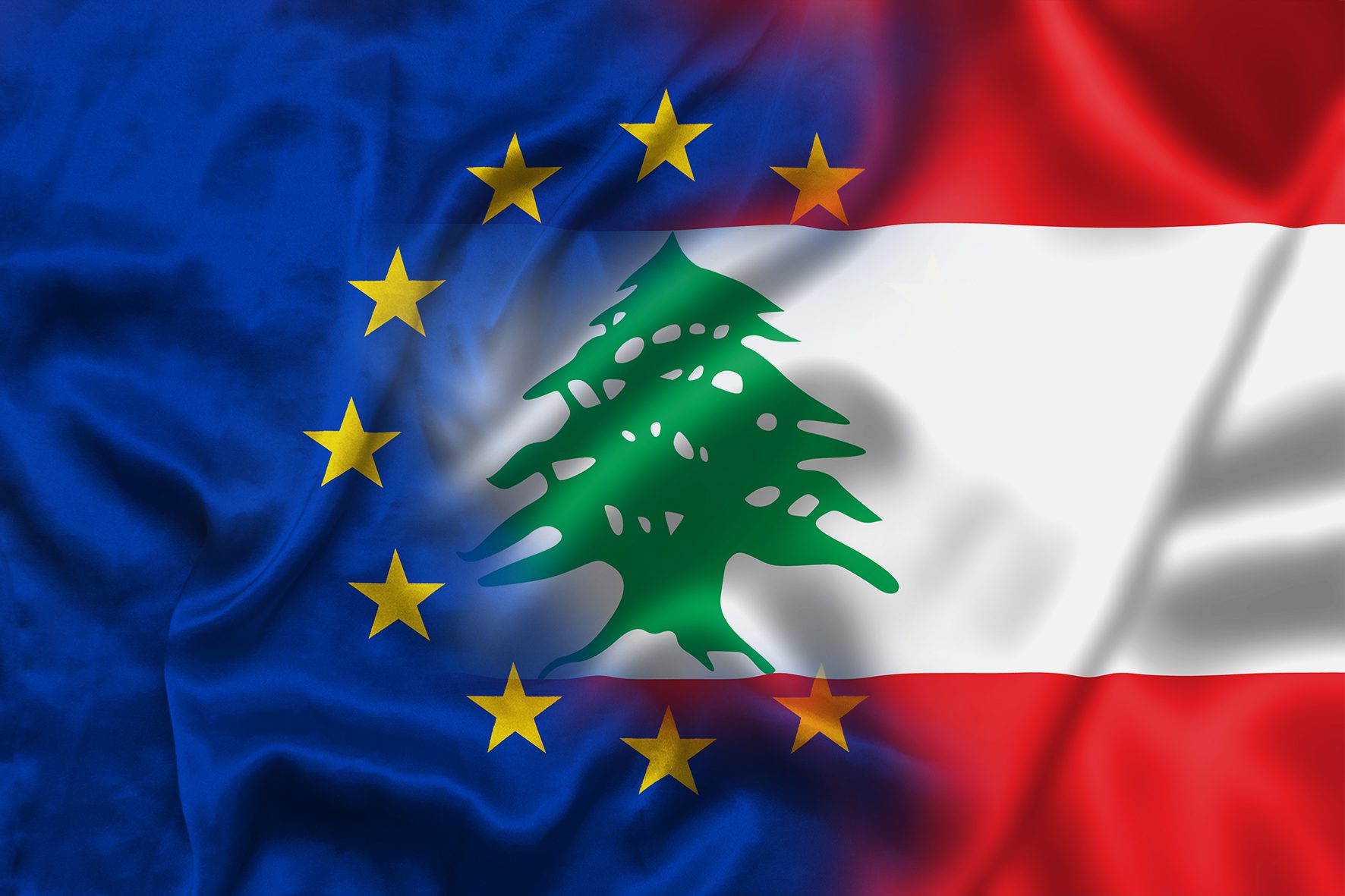Lebanon: Declaration of the High Representative on behalf of the European Union on the situation in the country

The European Union and its member states remain extremely concerned about the severe socioeconomic crisis in Lebanon and its impact on all of Lebanon’s vulnerable populations. The national currency has lost almost all of its pre-crisis value, four in five people now live in poverty and electricity is only occasionally available. This situation has been aggravated by the COVID-19 pandemic and the food and energy crisis resulting from the Russian aggression against Ukraine.
While there have been some positive developments, including the signature of a Staff-level agreement with the International Monetary Fund (IMF) on 7 April and the timely conduct of legislative elections on 15 May, many challenges remain to be addressed by the Lebanese authorities to overcome this unprecedented crisis. The enactment of long overdue economic and governance reforms, in the framework of a fully-fledged IMF programme, needs to be the top priority. Such a programme is the only viable and credible solution to help Lebanon stabilise its economy, restore trust and provide the country with the assistance it needs to finally embark on a path of recovery and growth. The enactment of such a programme requires the swift adoption by the relevant Lebanese authorities of the necessary actions identified in the Staff-level agreement reached on 7 April.
Following the parliamentary elections of 15 May and the nomination of Najib Mikati as Prime minister-designate on 23 June, government formation is now imperative. The Parliament, the President and the new Government must take the necessary decisions to address the country’s unprecedented crisis. It is also of vital importance that the constitutional calendar be adhered to regarding the organisation of the presidential and subsequent municipal elections.
[…] The EU and its member states remain committed to continue assisting Lebanon in this hour of need. Since 2011, the EU has provided support worth around 2 billion euros, with more than 1 billion euros specifically to address the impact of the Syrian crisis in Lebanon, supporting refugees from Syria and vulnerable Lebanese. The EU has recently stepped up its commitments in the country with 20 million euros in additional humanitarian funding as well as 25 million euros in terms of food security and resilience.
For more information




























 Syria
Syria 





